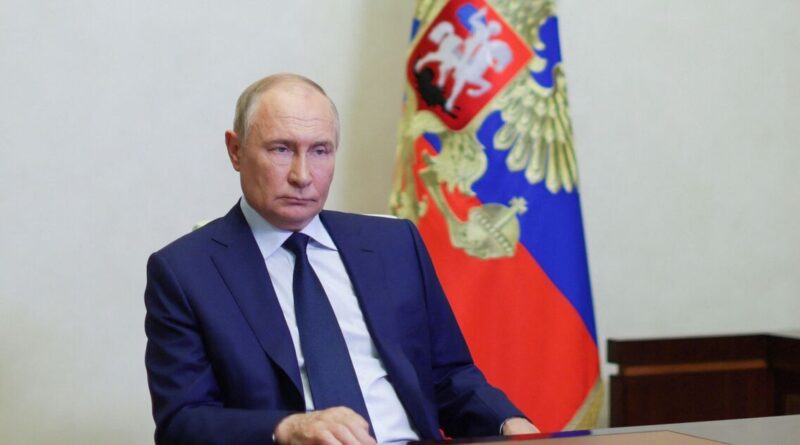Russia economy meltdown as car loan volume drops by nearly 50% and recycling fees double | World | News
The Russian economy has fallen further into turmoil this year as the war in Ukraine continues to show no signs of an imminent ending. Since Vladimir Putin’s illegal invasion of Ukraine in 2022, the Russian economy has been hit hard with international sanctions combined with significant military spending, causing inflation, soaring interest rates, and labour shortages.
From oil to groceries, the vast majority of sectors across the country have been hit hard as finance ministers continue to try and fund the country’s war efforts. The impact on Russian citizens pervades into all aspects of daily life, with new car sales just one area that typifies the changes within the country. Following the invasion, new car sales plunged by more than half but recovered through 2023.
However, the false dawn of a potential ceasefire and the ongoing peril of the wider economy have seen sales fall once more between January and May 2025, dropping a staggering 26% this year.
Between January and May 2025, the volume of car loans issued in Russia dropped by nearly 50%, totalling just 500 billion rubles (£4.6 billion).
Poor sales are not the only issue affecting motorists in the country. The car industry is plagued by an increase of as much as 85% in the cost of disposing of old vehicles.
Russia’s car recycling fee is a charge designed to cover the cost of the government disposing of old vehicles.
Previously, it was just 3,400 rubles (£32). However, the fee rose by 70-85% on 1 October 2024 and was hiked by another 10-20% in January.
Many believe that the price will continue to rise each year, at least in the short term.
It comes as the Russian Central Bank has resisted pressure to reduce interest rates which are currently at record levels.
Interest rates are at a record high of 21% and have been maintained at that level since October 2024.
Russia‘s Central Bank governor, Elvira Nabiullina, has faced severe pressure to reduce the rates as the country struggles to meet the growth forecast set by Putin.
The current Russian interest rate is at its highest rate since the early 2000s and aims to tackle surging inflation, which dropped to 6.2% in April, down from 10.7% in January, according to Russian official data.
Such is the dire state of the Russian economy that some experts believe the country is heading towards recession as Putin continues to align output around the war effort.





